Hair health is essential for both appearance and overall well-being. Unfortunately, our hair can endure damage from various sources, including heat styling, chemical treatments, and environmental factors.
Rather than resorting to expensive salon treatments, many people are turning to natural remedies for repairing damaged hair. Not only are these remedies effective, but they also offer additional benefits like nourishment and shine.
Busy? Save this pin for later.
Identifying Damaged Hair
To effectively repair damaged hair, it’s imperative to first recognize the signs. Damaged hair often appears dull, lifeless, and brittle. Split ends and frizz are also common indicators of hair damage.
Understanding the distinction between dry, damaged, and normal hair is vital in tailoring the appropriate treatment. Additionally, considering hair porosity, which determines how well the hair holds moisture, can further help address the specific needs of damaged hair.
8 Natural Remedies for Repairing Damaged Hair
Coconut Oil
One of the most lauded natural remedies for damaged hair is coconut oil. It possesses deep conditioning properties that can effectively restore moisture and luster to the hair.
Massaging warm coconut oil into the hair and scalp, leaving it on for at least 30 minutes, and then rinsing thoroughly can work wonders for revitalizing damaged locks.
Argan Oil
Argan oil, rich in vitamins and antioxidants, is another powerful remedy for repairing and strengthening damaged hair. Its unique composition helps to nourish and restore the hair’s natural shine.
Applying a small amount of argan oil to the ends of the hair and leaving it overnight can provide noticeable improvements over time.
Avocado
Mashed avocado can be transformed into a nourishing hair mask, providing a wealth of nutrients to repair dry and damaged hair. Packed with healthy fats, vitamins, and minerals, avocados offer intense hydration and nourishment.
Applying a mixture of mashed avocado and a tablespoon of olive oil to the hair, leaving it on for 20-30 minutes, and then washing thoroughly can result in softer, healthier hair.
Honey
Honey’s natural humectant properties make it an excellent ingredient for retaining moisture and repairing hair. A simple honey hair mask can be made by mixing two tablespoons of honey with four tablespoons of warm water.
Applying this mixture to damp hair, leaving it on for 20 minutes, and then rinsing thoroughly can help restore vitality and shine.
Egg Whites
Egg whites contain proteins that can help strengthen and repair damaged hair. To create an egg white hair mask, separate the whites from two eggs, whisk until frothy, and apply to damp hair.
Leave the mask on for 15-20 minutes, then rinse thoroughly. Regular use of this natural remedy can improve the resilience of damaged hair over time.
Aloe Vera
Renowned for its soothing and healing properties, aloe vera gel can work wonders in repairing damaged hair and promoting healthy growth.
Applying aloe vera gel directly to the scalp and massaging it in gently can alleviate irritation and provide the hair with essential nutrients. Leaving the gel on for 30 minutes before rinsing thoroughly ensures maximum benefits.
Olive Oil
Olive oil, rich in antioxidants, can effectively repair damaged hair and prevent breakage.
Massaging warm olive oil into the scalp and hair, covering with a shower cap, and leaving it on for at least 30 minutes before washing can provide deep hydration and nourishment.
Yogurt
Yogurt contains lactic acid, which acts as a natural cleanser and can help repair damaged hair.
Applying plain yogurt to the hair, leaving it on for 15-20 minutes, and then rinsing thoroughly can cleanse the hair while providing shine and softness.
You Might Also Like: Effective Hair Care Tips For Preventing Hair Loss Naturally
Moisturizing Treatments for Damaged Hair
To restore vitality and combat damage, moisturizing damaged hair is of utmost importance. Natural oils such as coconut oil, argan oil, and olive oil can provide deep conditioning and repair.
Coconut oil, with its exceptional conditioning properties, can be applied to damp hair, left on for at least 30 minutes, and then thoroughly rinsed. Argan oil works wonders in restoring hair elasticity and shine—simply apply a few drops to the ends of the hair after washing.
Olive oil, when warmed and applied generously from root to tip, can fortify and promote healthy hair growth.
In addition to natural oils, homemade hair masks can provide intense hydration. A combination of mashed avocado and honey can nourish and repair damaged hair.
Another option is a yogurt and banana mask, which can deeply moisturize and revitalize brittle locks. Lastly, for those craving a soothing treatment, an aloe vera and coconut milk mask can restore moisture and promote a healthy scalp.
Gentle Cleansing Techniques
Proper hair cleansing is essential for repairing damaged hair. Harsh shampoos and sulfates can exacerbate hair damage, leading to further problems like dryness and breakage.
Instead, opt for homemade natural shampoos or alternatives. An apple cider vinegar rinse, diluted with water, can effectively cleanse the hair without stripping away its natural oils.
DIY herbal infusions using ingredients like chamomile and rosemary can provide gentle cleansing and additional benefits such as enhanced shine and increased hair thickness.
You Might Also Like: Hair Care Tips For Preventing Hair Tangles Naturally
Repairing with Herbal Remedies
Incorporating herbal remedies into your hair care routine can significantly aid in repairing damaged hair. Amla, also known as Indian Gooseberry, is renowned for its strengthening properties and ability to prevent hair breakage.
Rosemary, with its stimulating properties, promotes hair growth and enhances thickness. Horsetail, a herbal remedy rich in silica, revitalizes hair follicles and encourages new growth.
Herbal tea rinses are an excellent way to nourish and pamper the hair. A chamomile tea rinse, after shampooing, can help enhance shine while soothing the scalp. A green tea rinse, on the other hand, can minimize hair damage and combat the effects of external aggressors.
Hair Masks
Hair masks are a popular natural remedy for repairing damaged hair. These deep conditioning treatments are typically made with a combination of nourishing ingredients that help repair, strengthen, and restore moisture to your strands. Applying a hair mask once or twice a week can significantly improve the condition of your damaged hair over time.
Tip: Look for DIY recipes online or consider purchasing pre-made hair masks that contain natural ingredients such as argan oil, shea butter, or aloe vera.
List of Natural Ingredients for Hair Masks:
- Coconut oil: Provides deep hydration and helps reduce protein loss in the hair shaft.
- Honey: Acts as a humectant, attracting moisture to the hair and promoting its retention.
- Avocado: Rich in vitamins A, D, and E, it nourishes and strengthens the hair follicles.
- Olive oil: Helps soften and smooth dry or frizzy hair while adding shine.
- Yogurt: Contains lactic acid that helps exfoliate dead skin cells from the scalp while moisturizing the strands.
You Might Also Like: Hair Care Tips For Preventing Hair Damage Naturally
Protecting Hair During Styling
Heat damage can be a significant contributor to hair damage. Understanding the risks and implementing prevention techniques is crucial. Opting for natural alternatives to heat styling tools, such as air-drying or using flexi-rods, can help minimize damage.
Additionally, protective hairstyles and accessories like silk scarves or satin pillowcases can reduce friction and prevent further harm to damaged hair.
Maintaining Hair Health with a Proper Routine
Establishing a consistent hair care regimen is vital for long-term repair of damaged hair. Regular trimming is key to prevent split ends from worsening and promote healthier hair growth.Excessive brushing and towel drying should be avoided, as these can cause breakage and further damage.
When it comes to choosing suitable hair care products, opt for sulfate-free shampoos and conditioners that are gentle on damaged hair. Leave-in conditioners and hair serums can provide additional protection and moisture throughout the day.
Lifestyle Changes for Long-Term Hair Repair
Aside from topical treatments, making lifestyle changes can greatly contribute to long-term hair repair. Reducing exposure to environmental pollutants, such as cigarette smoke and air pollution, can help maintain the overall health of the hair.
Minimizing chemical treatments and excessive styling can also prevent further damage and allow the hair to repair itself naturally. Finally, protecting the hair from harmful UV rays by wearing hats or using sun-protective products is essential for hair health.
You Might Also Like: Hair Care Tips For Split Ends
Scalp Health
A healthy scalp is crucial for promoting hair growth and preventing further damage. Natural remedies often target scalp health by addressing issues such as dryness, dandruff, or excess oil production. By incorporating scalp treatments into your routine, you can create an environment that supports healthier hair growth and reduces damage.
Tip: Consider using tea tree oil, rosemary oil, or apple cider vinegar rinses to improve scalp health and promote a balanced pH level.
List of Scalp-Boosting Natural Remedies:
- Tea tree oil: Has antimicrobial properties that help combat dandruff and soothe an itchy scalp.
- Rosemary oil: Stimulates blood circulation in the scalp, promoting hair growth and reducing inflammation.
- Apple cider vinegar: Balances the pH level of the scalp, removes buildup, and adds shine to the hair.
- Aloe vera gel: Soothes irritated scalp conditions while moisturizing and conditioning the hair.
- Pumpkin seed oil: Rich in antioxidants and essential fatty acids that support healthy hair follicles.
Precautions and Considerations when Using Natural Remedies for Hair Repair
Consult a Professional
Before using any natural remedies for hair repair, it is important to consult a professional, such as a dermatologist or trichologist. They can assess the condition of your hair and scalp, identify any underlying issues, and provide personalized advice on which remedies would be most suitable for you. This is particularly important if you have any existing scalp conditions or allergies that may be aggravated by certain ingredients.
Patch Test
When trying out new natural remedies for hair repair, it is crucial to conduct a patch test before applying them all over your scalp or hair. This involves applying a small amount of the remedy to a small area of your skin, such as behind your ear or on your inner arm, and monitoring it for any adverse reactions.
This helps to prevent potential allergic reactions or irritations that could worsen the condition of your hair and scalp.
Consider Your Hair Type and Needs
Different natural remedies work better for different hair types and concerns. It is essential to consider your specific hair type and needs before choosing a remedy. For example, if you have oily hair, you may want to opt for remedies that help regulate oil production on the scalp.
Similarly, if you have dry or damaged hair, moisturizing and nourishing remedies would be more beneficial. Understanding your unique requirements will ensure that you select the right natural remedy to address your specific concerns effectively.
Research Ingredients
Before using any natural remedy for hair repair, take the time to research its ingredients thoroughly. While many natural ingredients are generally safe and beneficial for hair health, some individuals may still have sensitivities or allergies to certain substances.
By researching the ingredients used in the remedy, you can identify any potential allergens or irritants that may cause adverse reactions. This knowledge allows you to make informed decisions and choose remedies that are safe and suitable for your hair and scalp.
Be Patient and Consistent
When using natural remedies for hair repair, it is important to remember that results may not be immediate. Unlike chemical treatments or products, natural remedies often require consistent use over time to see noticeable improvements. Therefore, patience and consistency are key when incorporating these remedies into your hair care routine. It is recommended to follow the instructions provided for each remedy and give it sufficient time to work before expecting significant changes in the condition of your hair.
You Might Also Like: Hair Care Tips For Black Hair
Immediate Results
While natural remedies for repairing damaged hair may not provide instant results like chemical treatments, there are some immediate benefits you can expect. One of the first things you may notice is improved hair texture and shine. Natural ingredients like coconut oil, honey, and avocado can help moisturize and nourish your hair, making it look healthier and more vibrant right away.
Tip: To get the most out of these immediate benefits, try incorporating a weekly deep conditioning treatment using natural ingredients into your hair care routine.
Healthy Hair Habits
In addition to using natural remedies, adopting healthy hair habits is essential for repairing damaged hair. These habits include minimizing heat styling, avoiding harsh chemical treatments, protecting your hair from environmental damage, and following a balanced diet rich in vitamins and minerals that support hair health.
Tip: Regularly trimming your ends every few months can help remove split ends and prevent further damage from traveling up the hair shaft.
List of Healthy Hair Habits:
- Avoid excessive heat styling: Limit the use of hot tools like flat irons or curling wands to prevent heat damage.
- Protect from UV rays: Wear a hat or use products with UV protection when exposing your hair to the sun.
- Gentle detangling: Use a wide-toothed comb or a brush specifically designed for wet hair to minimize breakage during detangling.
- Avoid tight hairstyles: Opt for looser hairstyles that don’t pull on the roots or cause tension on the strands.
- Eat a balanced diet: Consume foods rich in protein, omega-3 fatty acids, vitamins A and C, biotin, and zinc for optimal hair health.
Summary
Repairing damaged hair at home is easily achievable through natural remedies that offer deep nourishment and repair. Consistency and patience in implementing these remedies, such as coconut oil, avocado masks, and aloe vera treatments, can yield noticeable results in restoring damaged hair’s health.
Additionally, adopting gentle cleansing techniques, utilizing herbal remedies, protecting hair from styling heat, and maintaining a proper hair care routine all contribute to long-term repair. It’s important to remember that repairing damaged hair takes time, but with dedication, everyone can achieve healthier, more vibrant hair.
You Might Also Like: Hair Care Tips For Dry Hair
Frequently Asked Questions (FAQs)
A. Can damaged hair be fully repaired?
While it’s challenging to fully repair severely damaged hair, with consistent care and the right natural remedies, significant improvements can be achieved. Patience and a commitment to long-term hair health are key.
B. How often should I apply hair masks for damaged hair?
It is recommended to apply hair masks for damaged hair once or twice a week, depending on the severity of the damage. Overusing masks can sometimes lead to excessive moisture and cause the hair to become limp.
C. Can I repair damaged hair without cutting it?
While a haircut is often necessary to remove split ends and prevent further damage, it is possible to repair damaged hair without drastic measures. Regular trimming, deep conditioning treatments, and adopting a proper hair care routine can significantly improve the health of damaged hair.
D. Are natural remedies effective for repairing chemically treated hair?
Yes, natural remedies can be incredibly effective in repairing chemically treated hair. The nourishing properties of natural ingredients can help restore moisture, repair damage, and strengthen chemically treated hair.
E. How long does it take to see improvements in damaged hair?
The time it takes to see improvements in damaged hair can vary from person to person. Generally, with consistent use of natural remedies, improvements can be noticed within a few weeks to a couple of months. Patience and consistency are key when aiming to repair damaged hair.
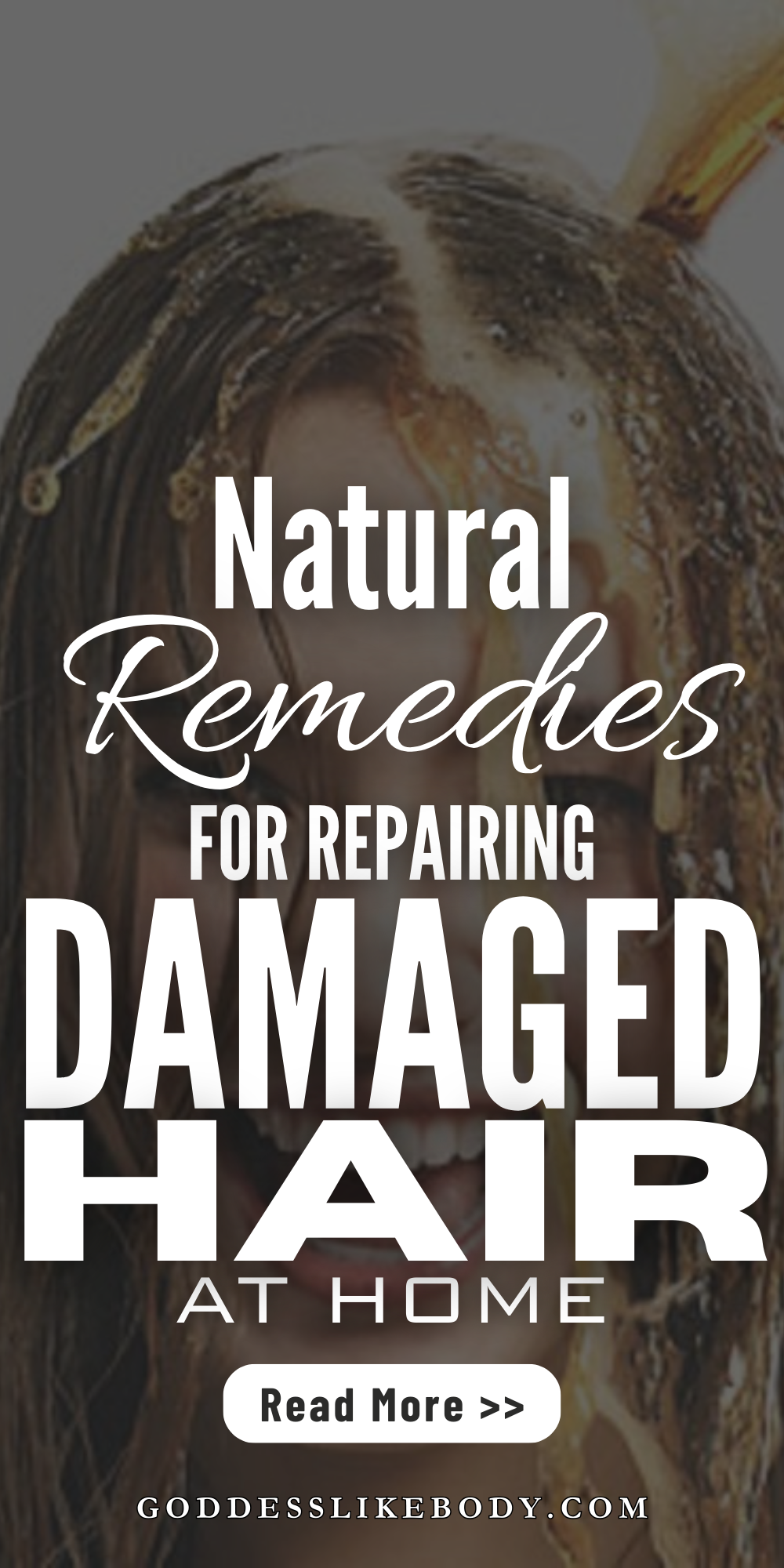

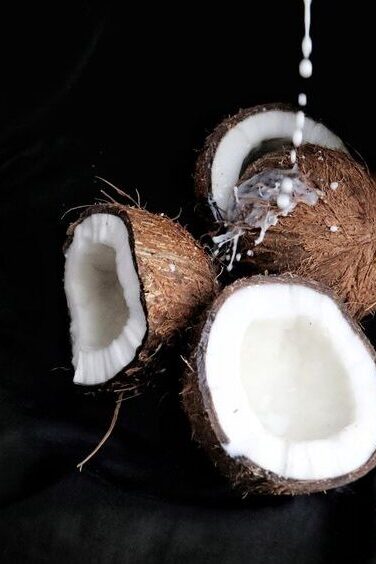
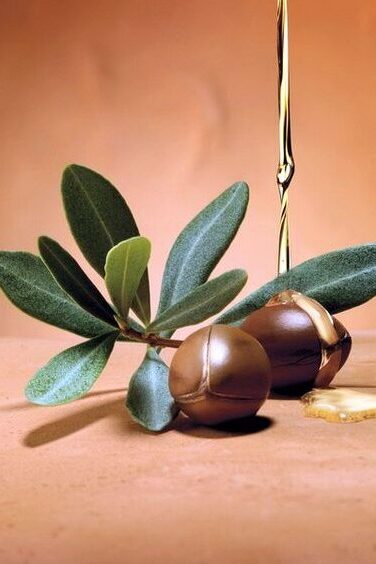


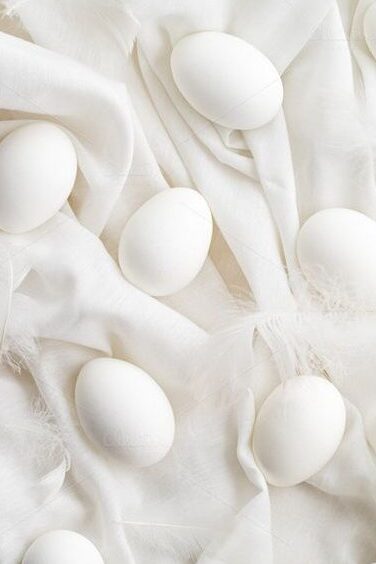


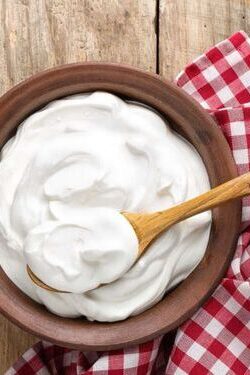
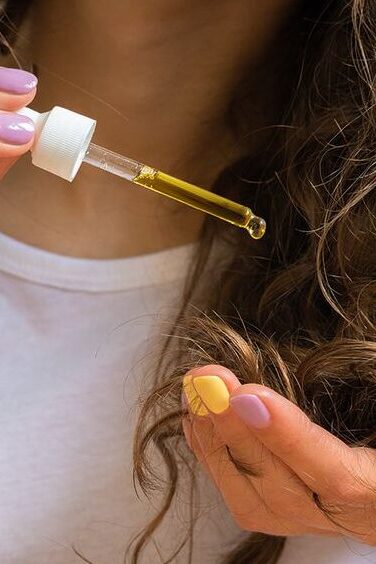
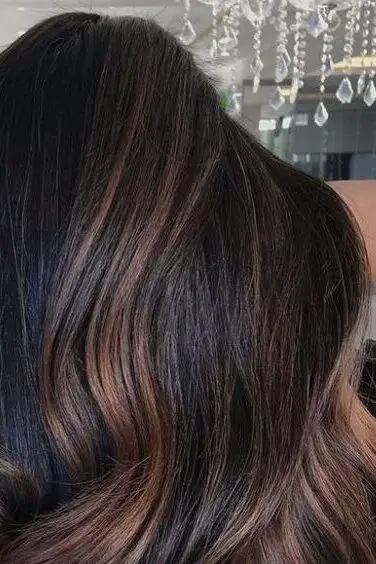
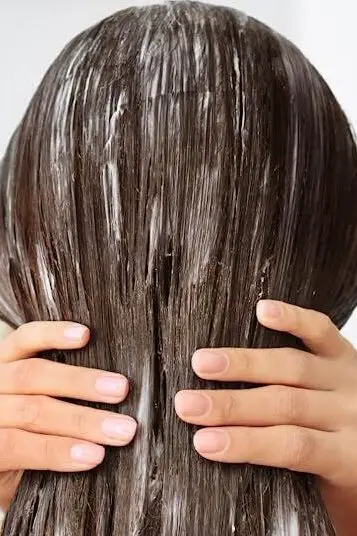
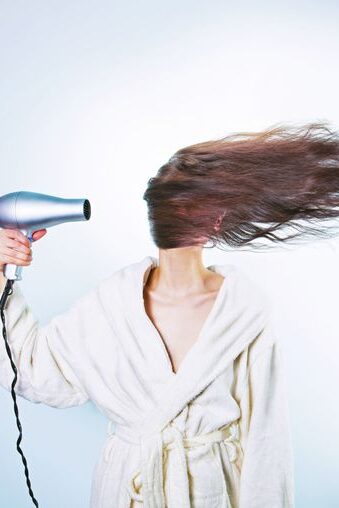
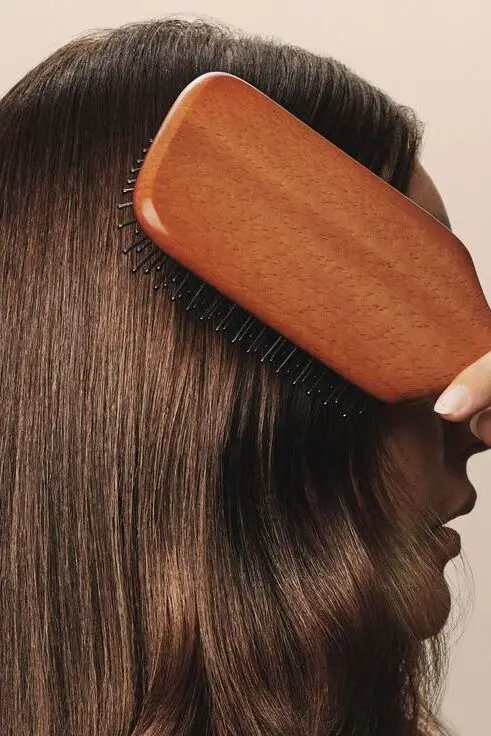

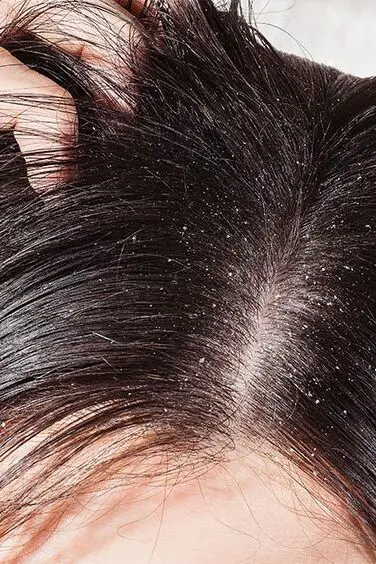
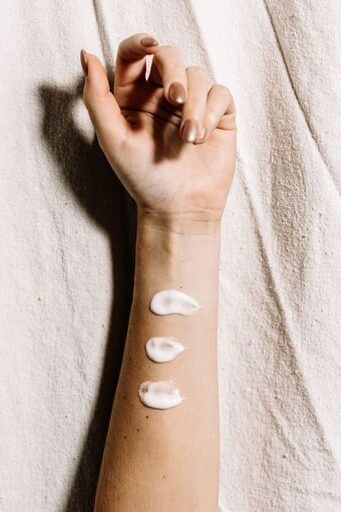
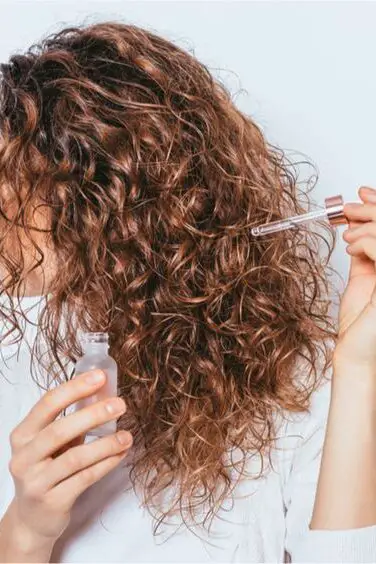

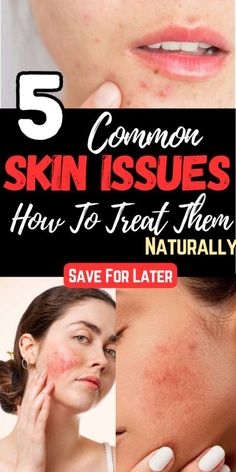

Leave a Reply
You must be logged in to post a comment.